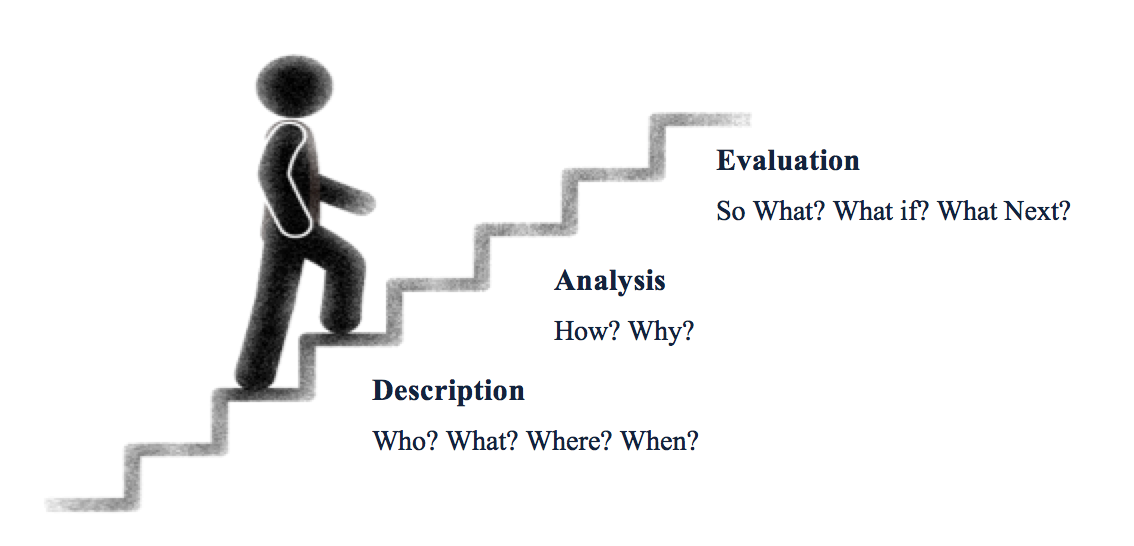I can’t think of a thing in life that I’ve deliberately done or not done because of warfarin. Aside from taking as prescribed and testing periodically.
I’m guessing I do all the stuff your husband does. I’ve built a deck, assembled playground equipment, volunteered for Habitat for Humanity helping to build single family homes (complete with sawing and nail guns), finished a couple basements into living spaces in our own homes. I’ve replaced brake pads on our cars. I mow my own lawn (unless I can get the kids to do it

). I even carve the Thanksgiving Turkey.
As I understand things, the occasional cut might clot slower, but that’s not the main issue. Possible internal hemorrhaging due to severe injury can be a problem. For example, if your husbands weekend consumption involves getting fall down drunk and hitting his head, that would be a concern. But I’d have to think that’s a concern for anyone.
I still run (covered almost six miles yesterday!) and bike. My wife and I hiked the Grand Canyon from the south rim to the north rim this August. I just packed my meds with me. We actually do a lot of our family trips in National Parks and state parks doing day hikes and such.
I generally eat and drink what I want trying to be somewhat healthy but also enjoy myself. I don’t spend much thought as to how things might interact with warfarin. I’ll adjust my dose after my next test if needed. You can see from my profile, I don’t have an issue with the occasional adult beverage. My wife and I went out for our anniversary dinner yesterday and I had a couple with that.
Aside from ticking and taking medication, I don’t think anyone would look and me and think, “There’s a heart patient!” Especially with the big red “S” on my shirt and this silly cape.
I guess the only thing I actively avoid are anti-inflammatory meds due to interaction. For some, Tylenol only might seem like a deal breaker. I have resorted to them if needed for short duration (threw my back out), but I test more frequently and adjust my dose as needed. Otherwise for headaches or fever, I just use Tylenol.
Hope some that sheds a little light. Feel free to ask me (or anyone else for that matter) any other questions you might have.
 . But he’s an awesome kid and was supposed to be here. So yay Warfarin!
. But he’s an awesome kid and was supposed to be here. So yay Warfarin!























